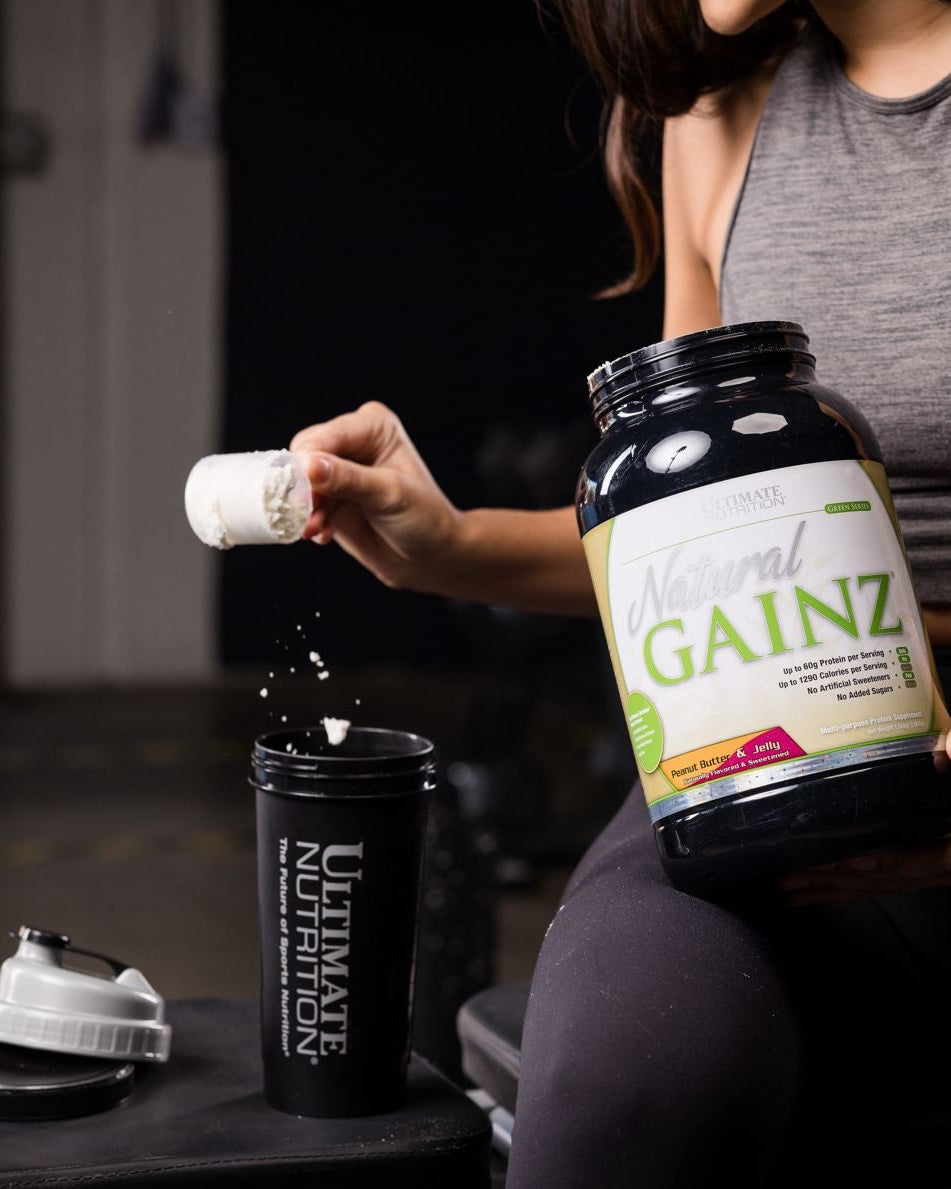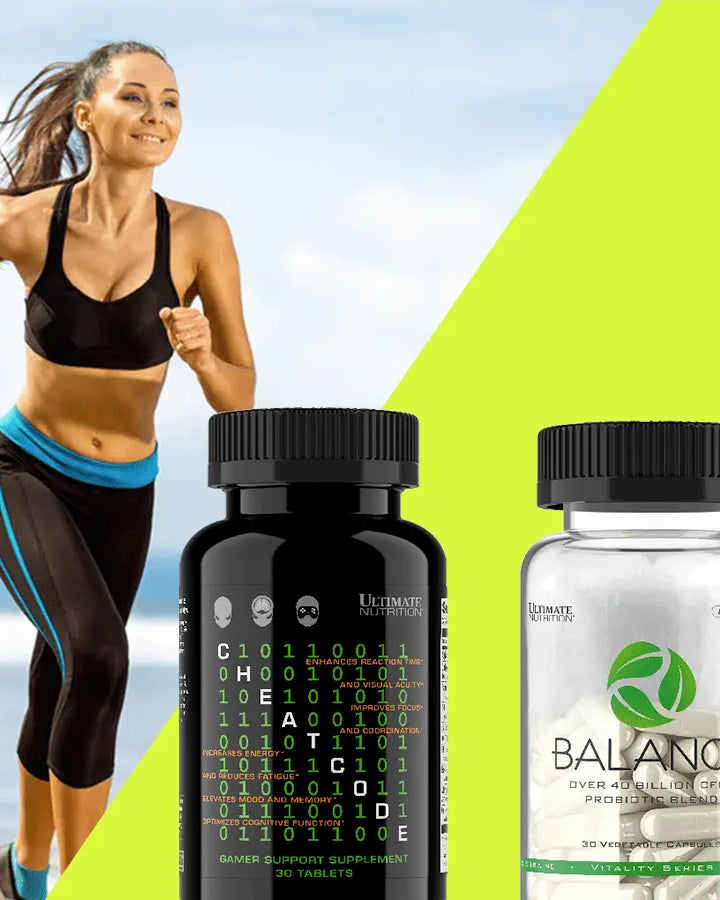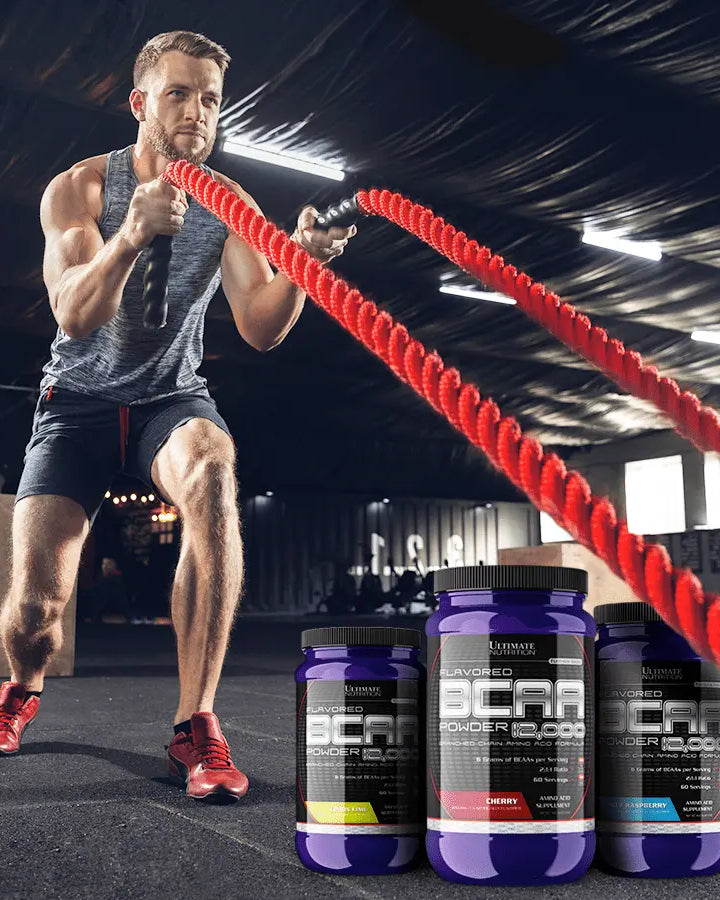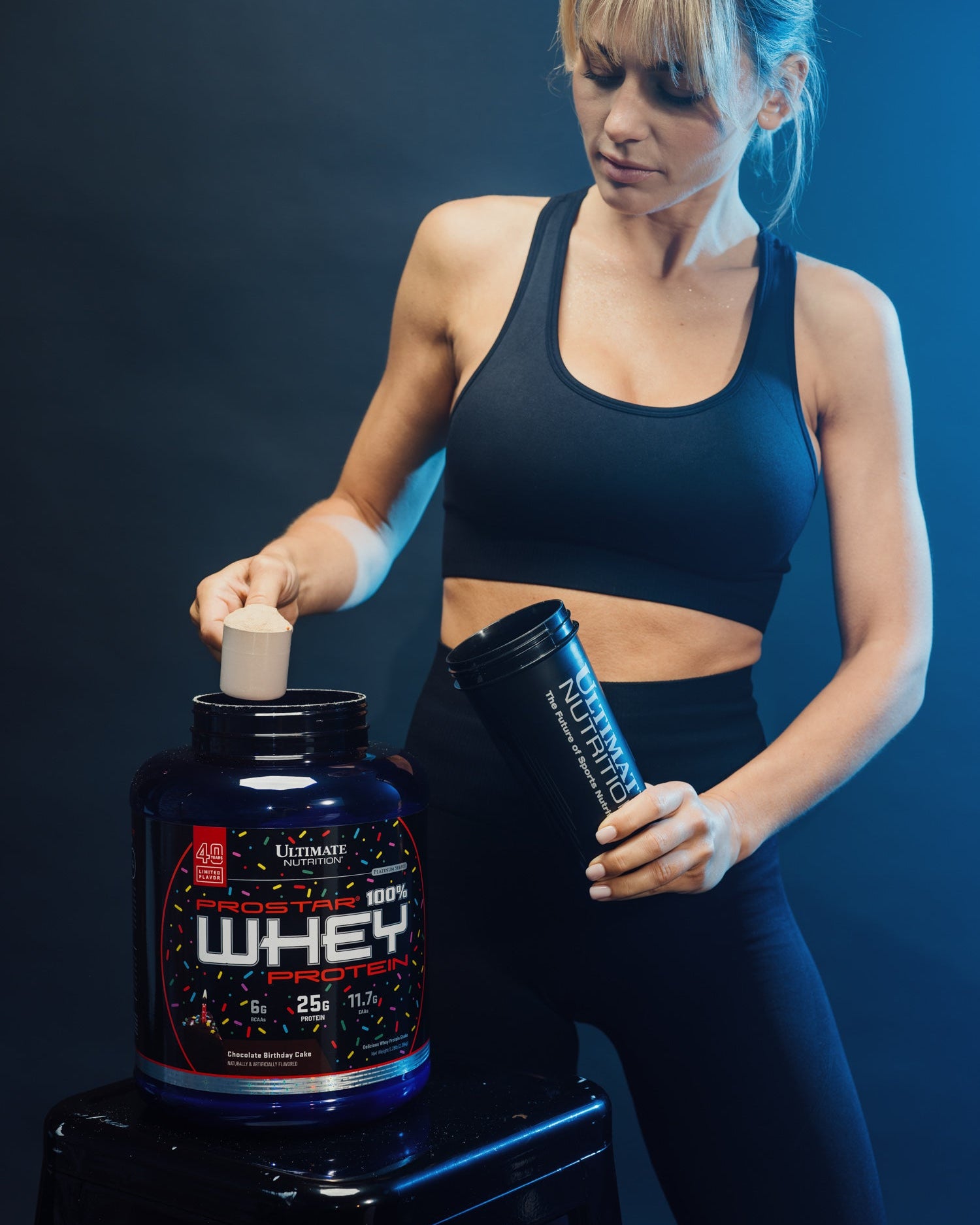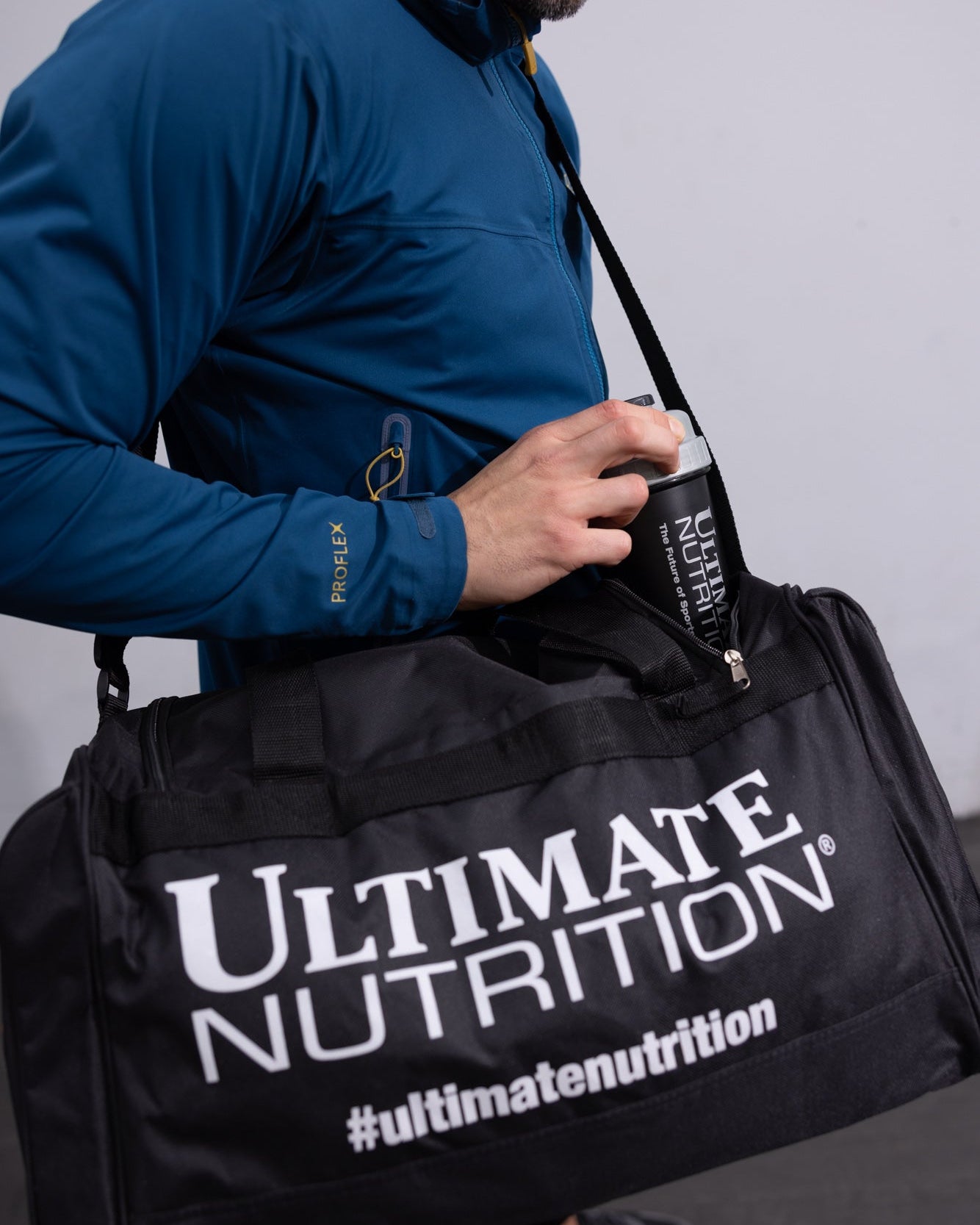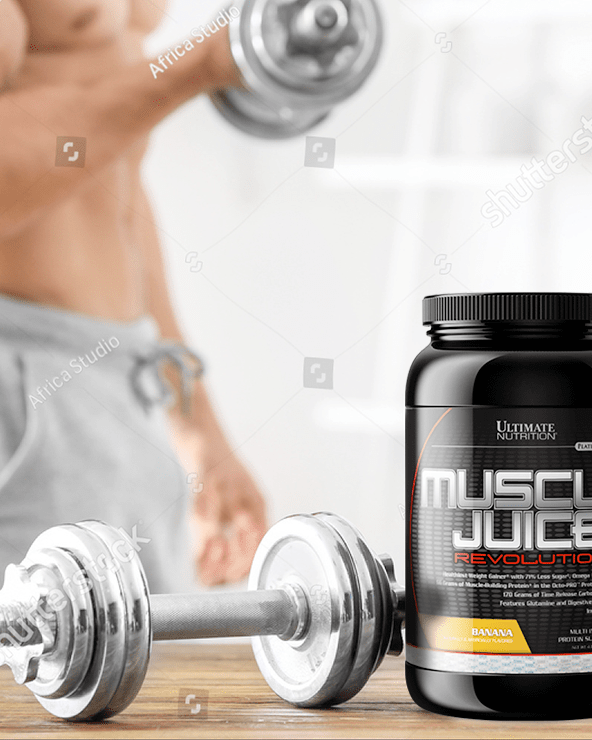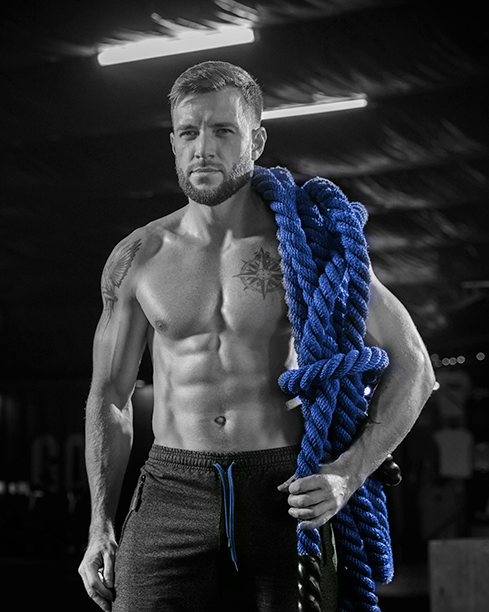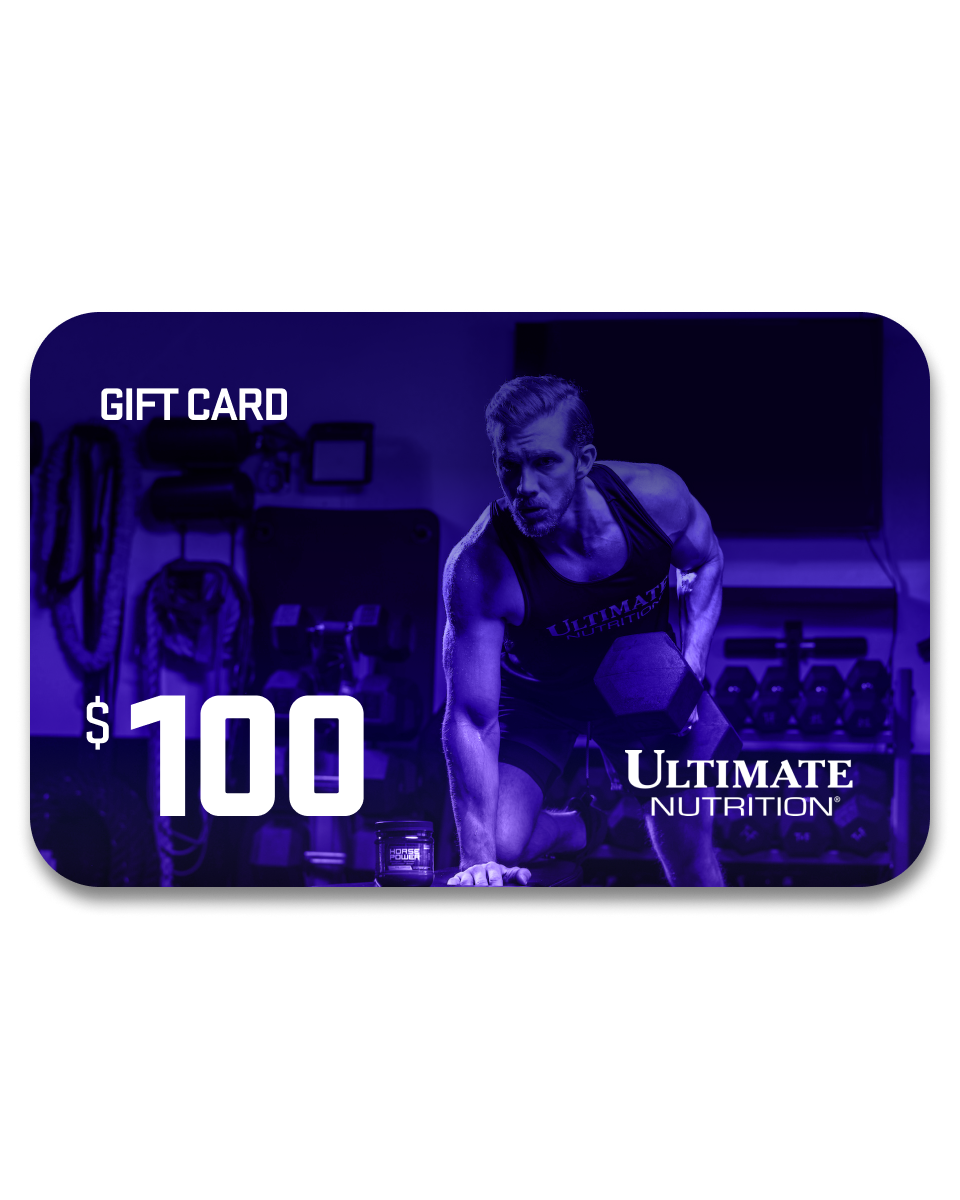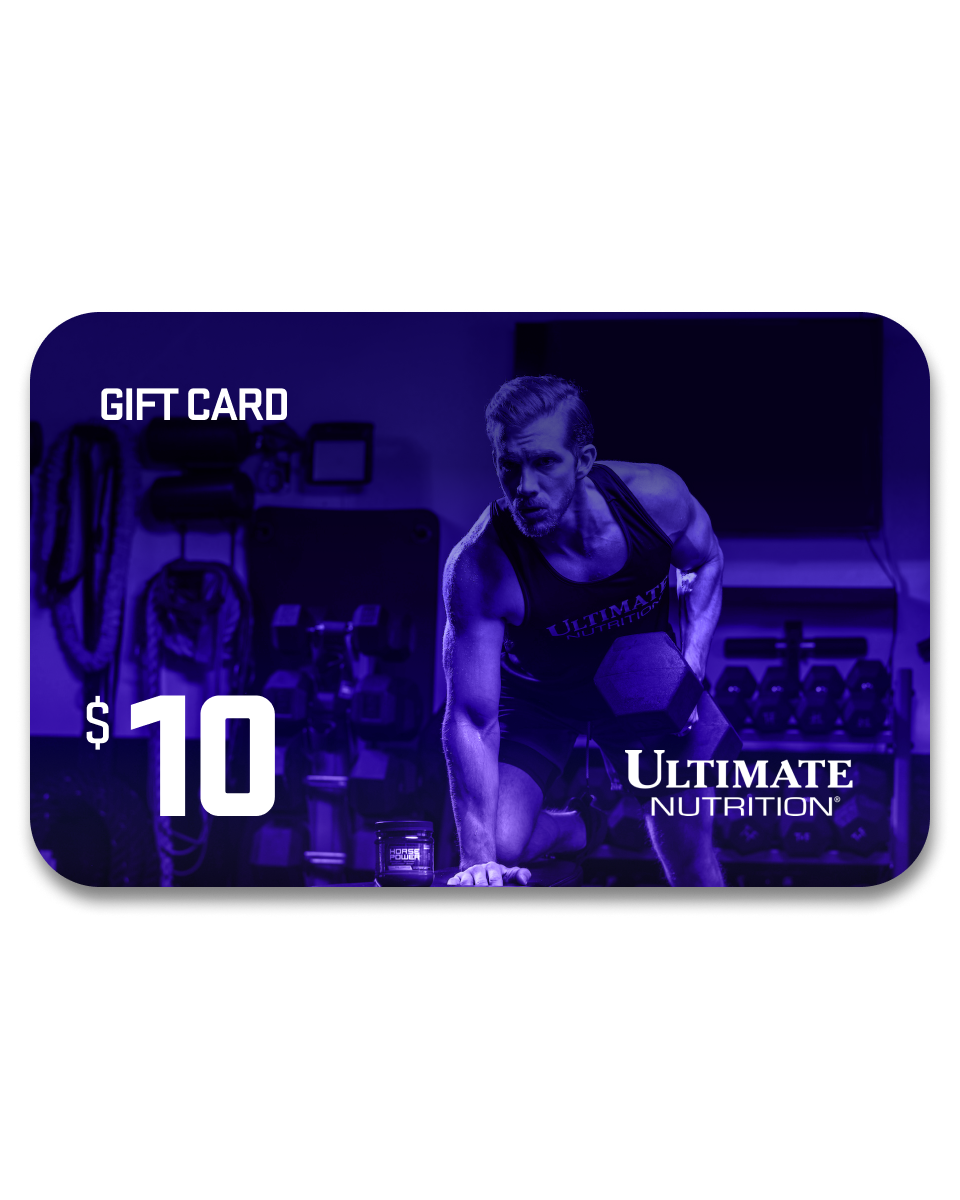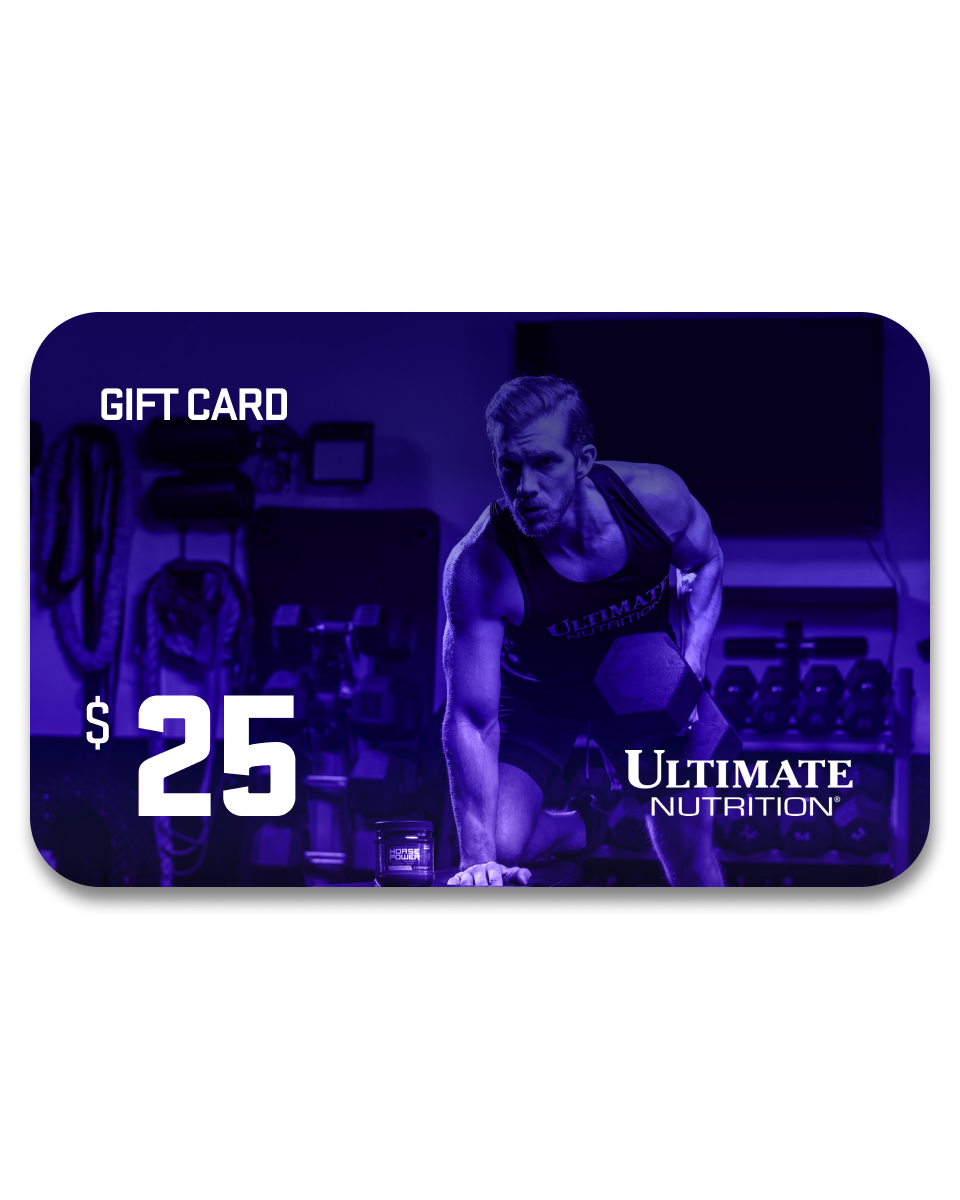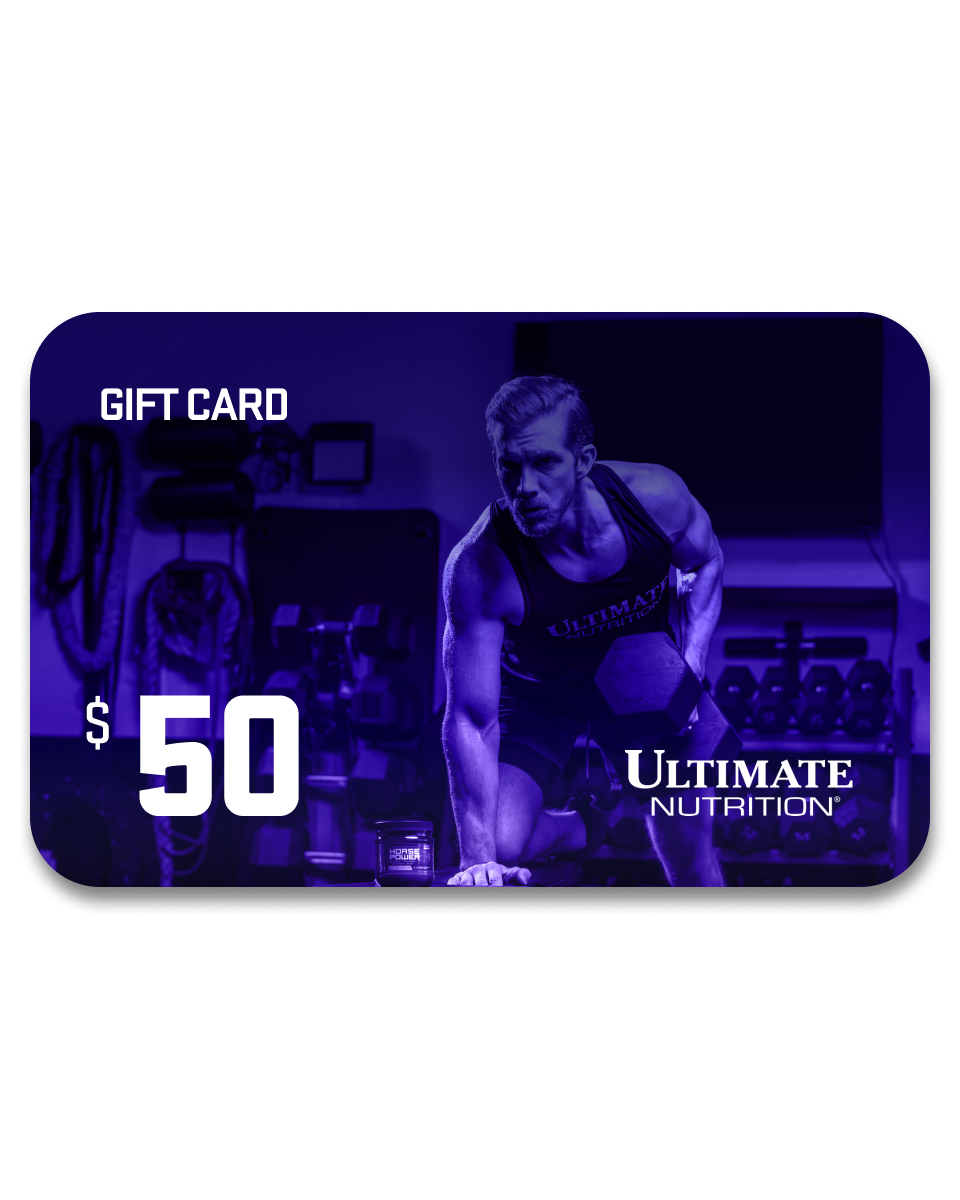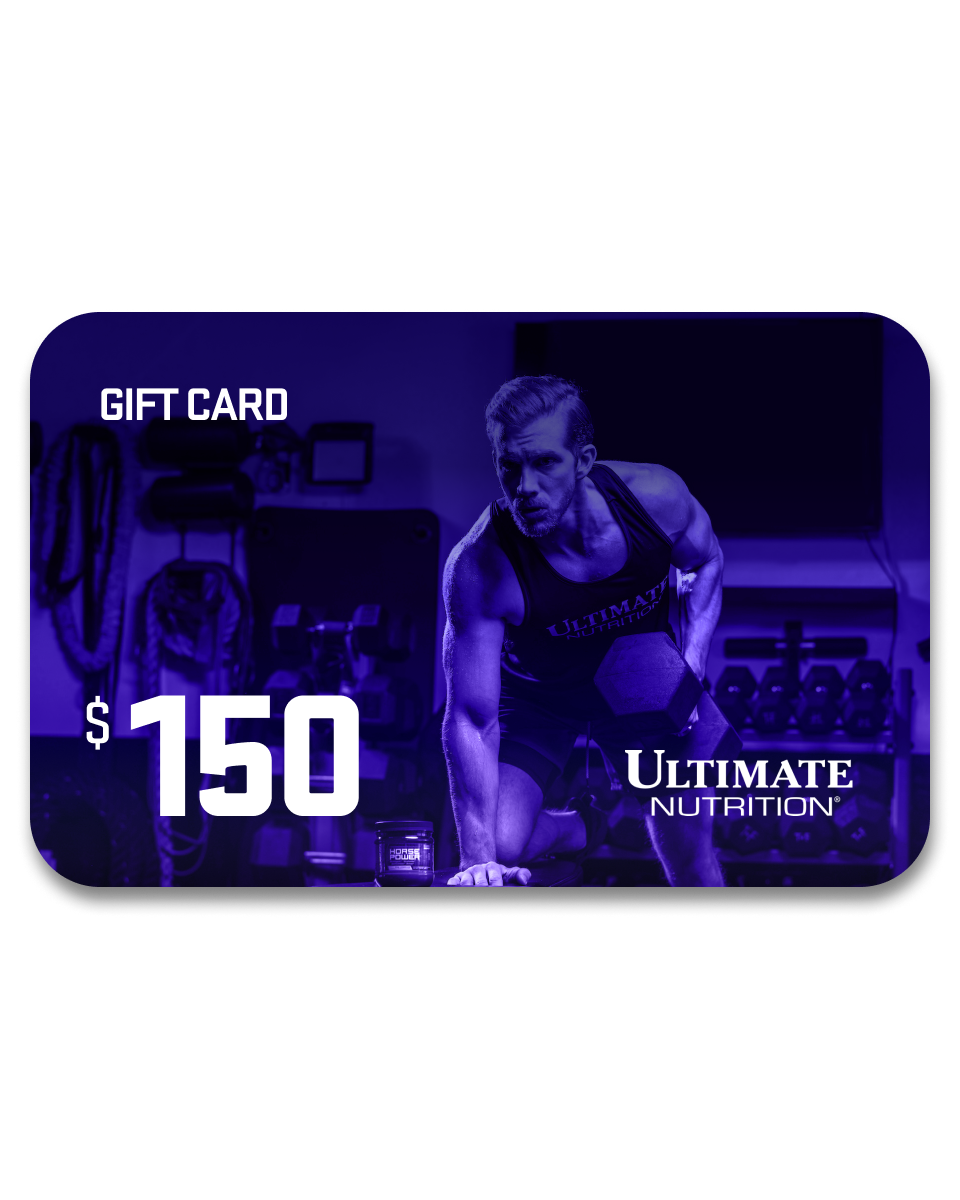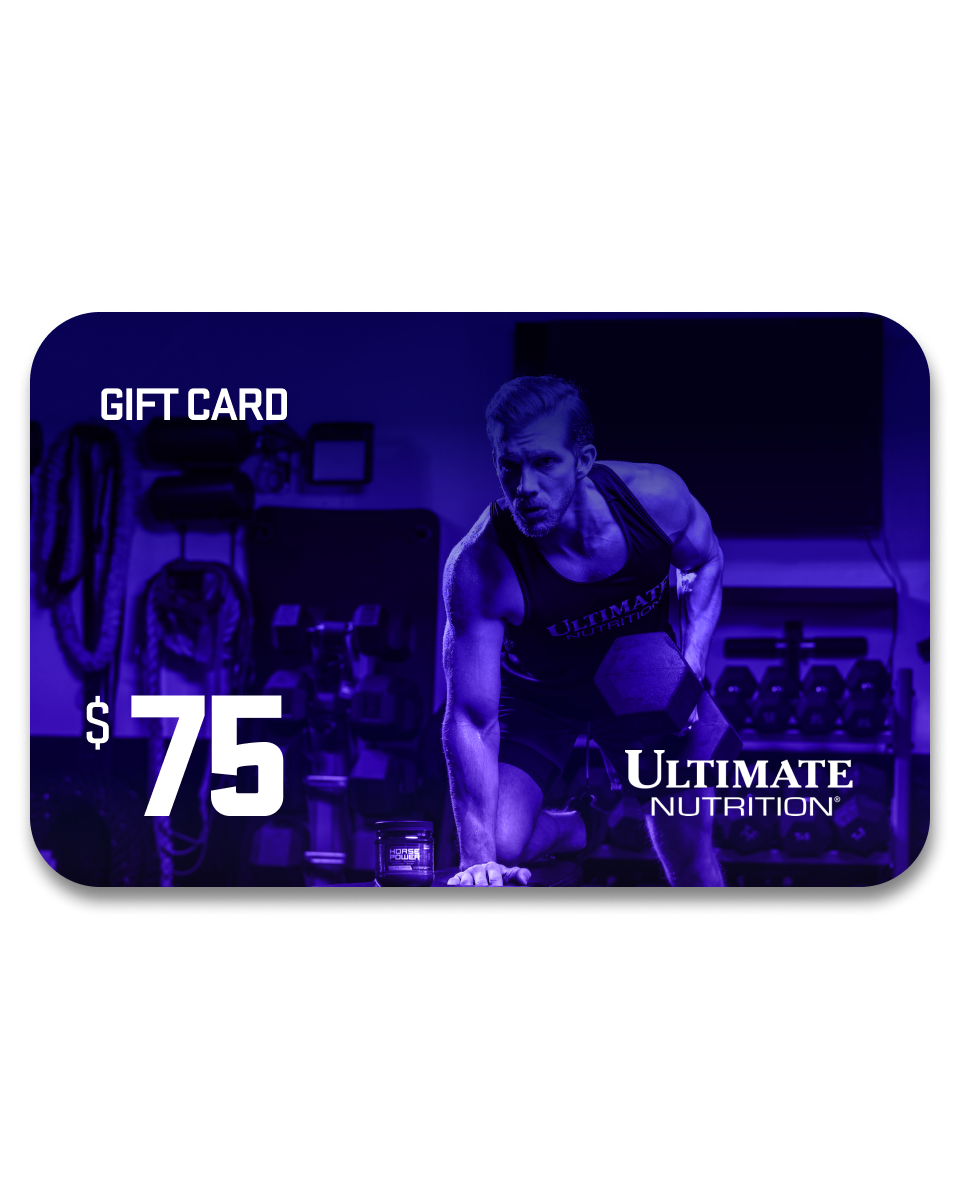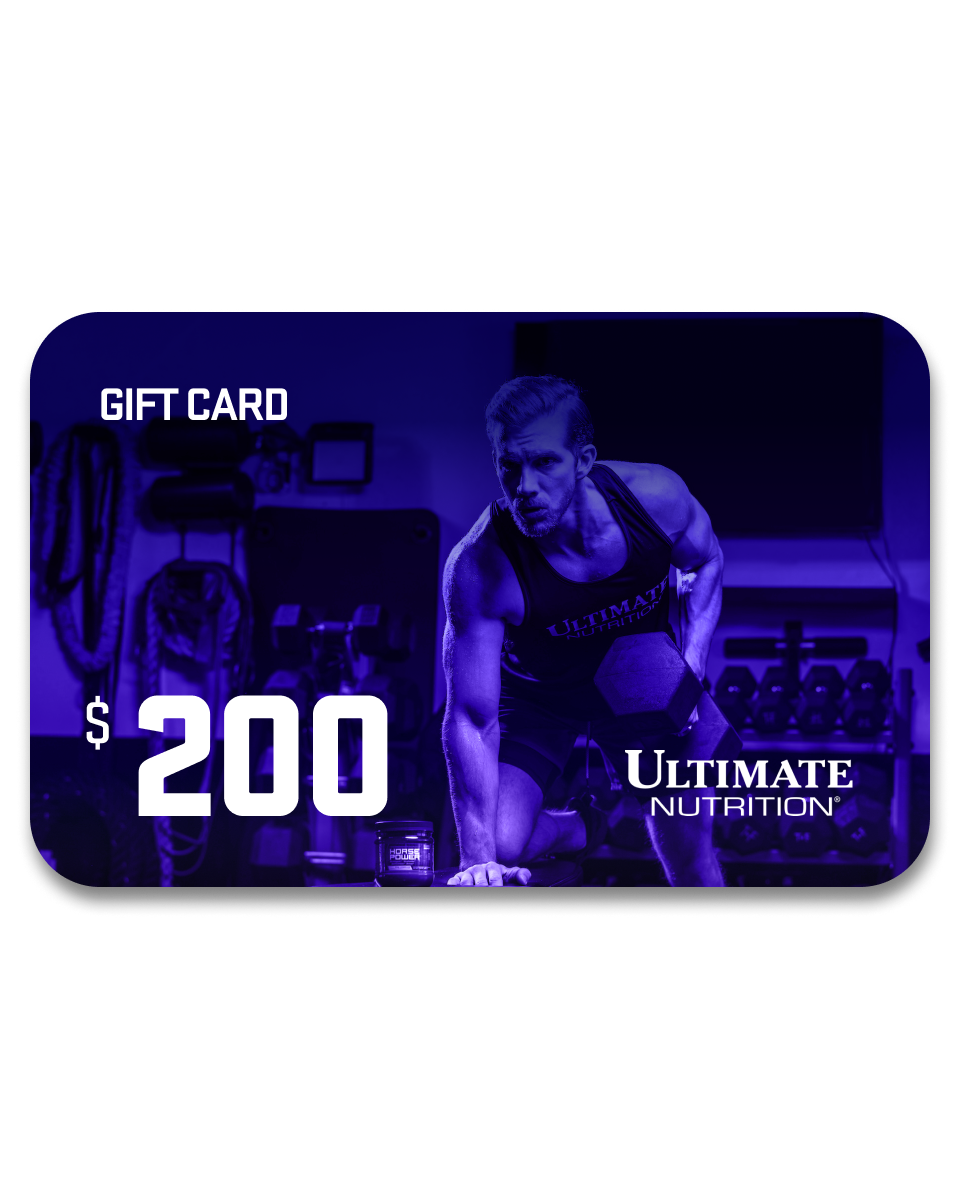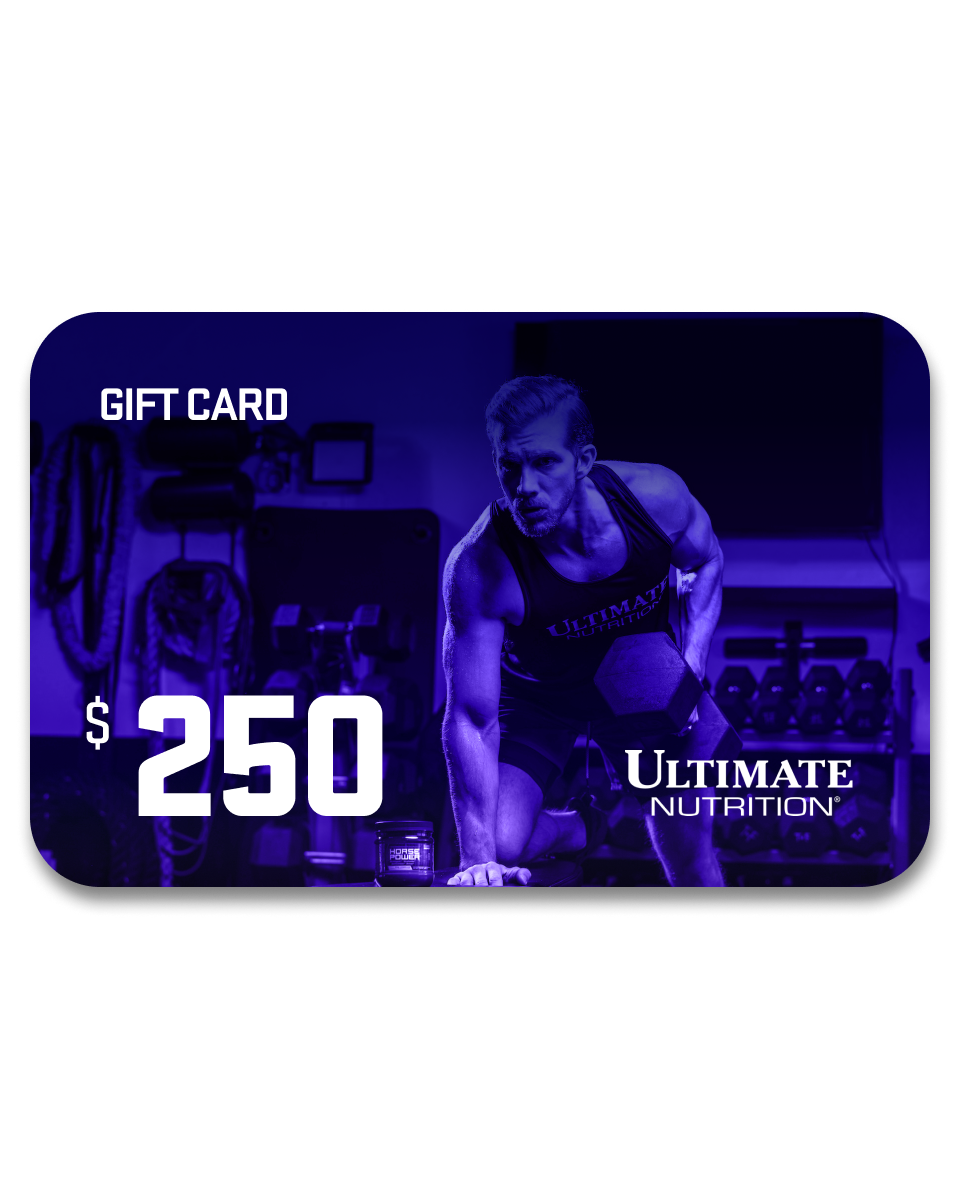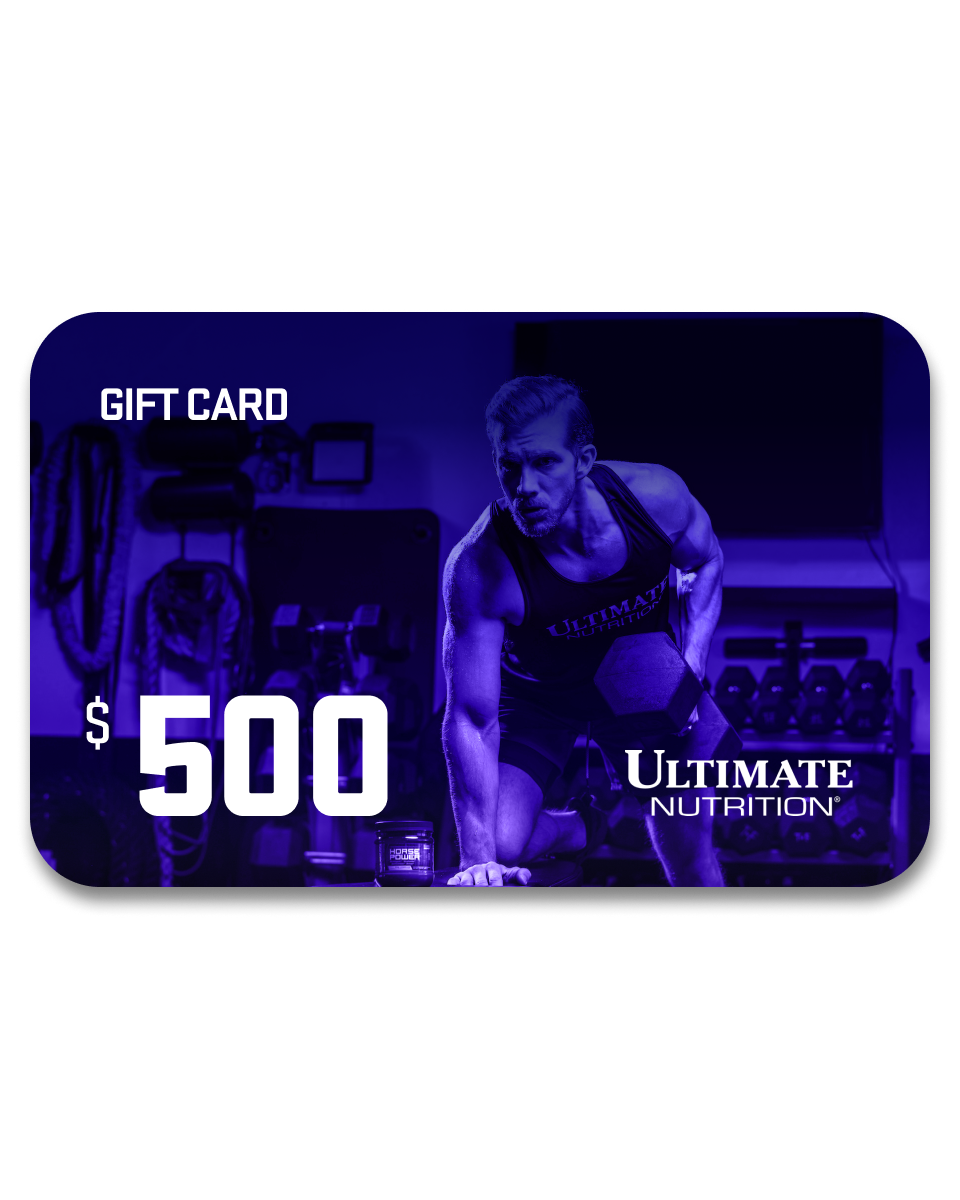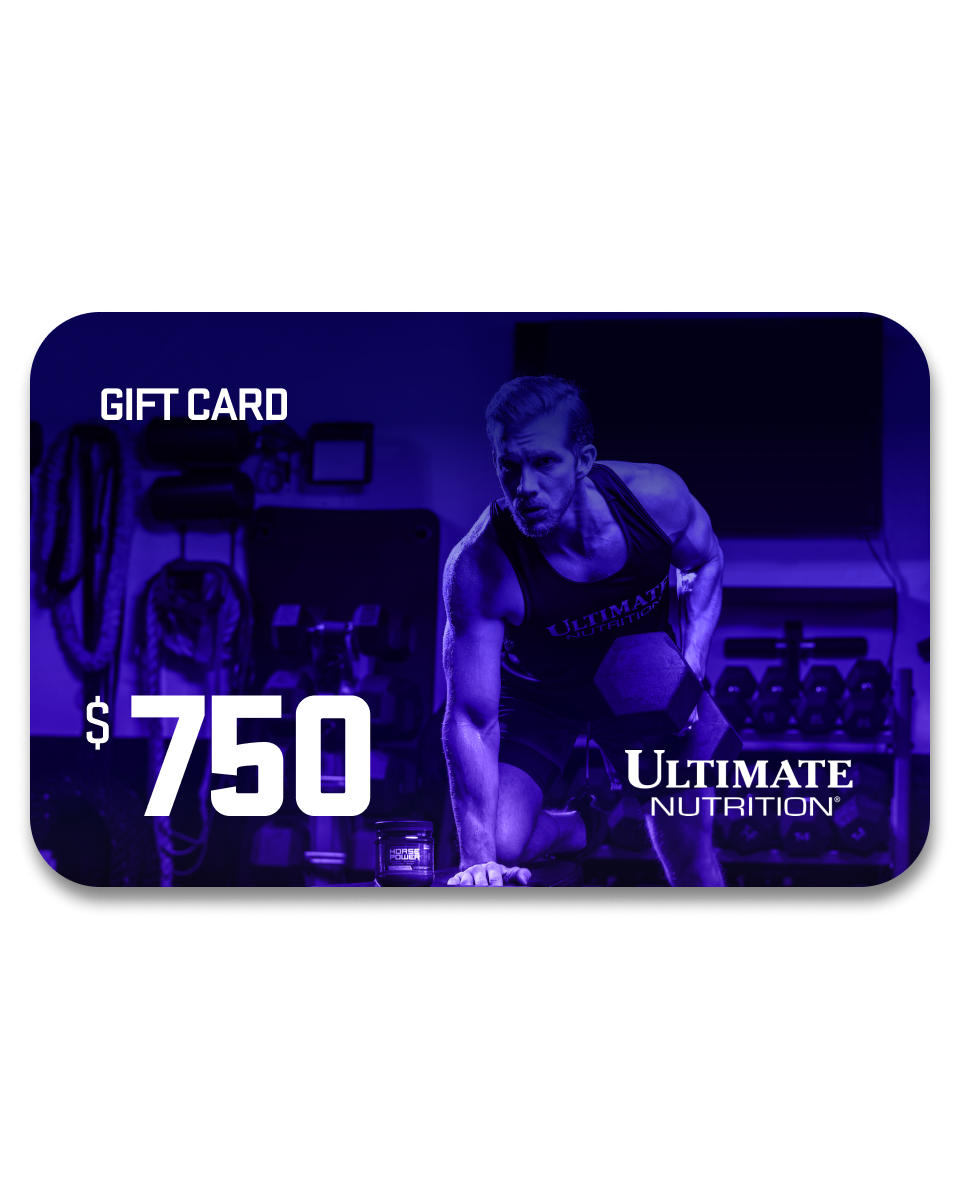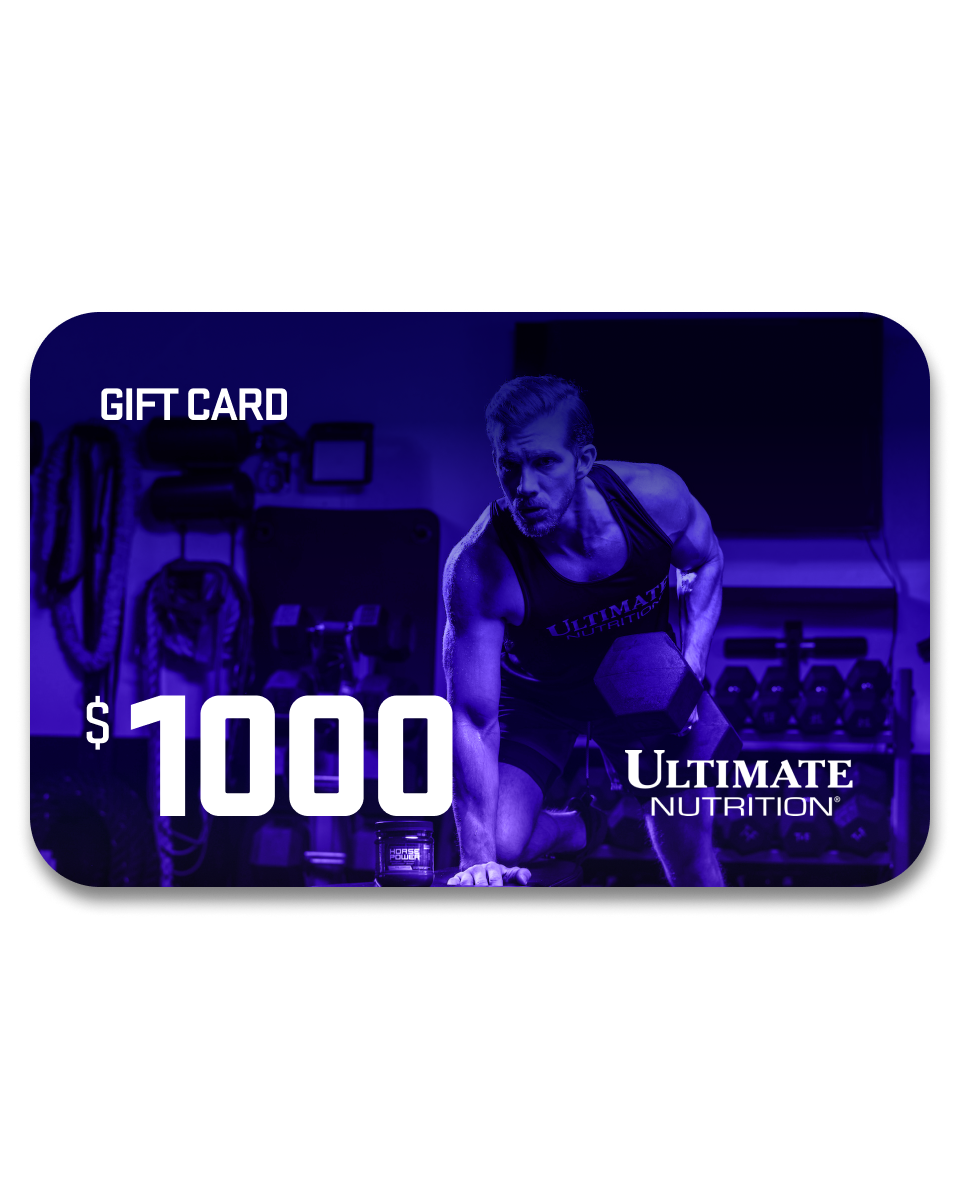You’re dedicated to your workout routine, but if you don’t have your nutrition game down, you may only be getting half the benefits. Building lean body mass is a long-term commitment that requires constant effort in and out of the gym.
In this article, we address exactly how to build the best muscle gain diet, so you can achieve maximum results.

Best Supplements for Muscle Growth
While specific supplements may vary depending on your unique goals, here are a few that will generally benefit all fitness levels:
Creatine
When searching for the best muscle-building supplements, try Creatine first. Naturally produced in your body, Creatine provides energy for your muscles and tissues. Taking it as a dietary supplement can increase your muscle Creatine by up to 40%, promoting increased muscle mass, performance, and strength. It does this through muscle protein synthesis, helping muscle fibers grow. Consume Creatine right before a workout for that extra muscle fuel.

Protein Supplements
To build muscle, it’s essential to consume more protein than your body breaks down. While it’s possible to accomplish your goals with natural sources of protein, taking protein supplements can contribute to more muscle and weight gain than adding extra carbs.
Eating clean protein from natural sources is always best, but it’s not always realistic for a quick boost before and after a workout. Protein shakes with at least twenty grams of protein for pre and post-workout are an excellent way to get what you need fast.
We find whey protein to be a great source for your protein shakes.
Weight Gainers
For those who have difficulty gaining weight, even when consuming a calorie surplus and lifting heavy, weight gainers can help you get even more calories and protein. It’s not uncommon for some to contain more than one thousand calories, 75 to 300 grams of carbs, 20 to 60 grams of protein, and 0 to 15 grams of fat per serving for optimal weight gain.
Beta-alanine
Beta-alanine is an amino acid that reduces fatigue and may improve exercise performance. It can also help increase muscle mass when following a strength training program.
BCAAs (Branched-chain Amino Acids)
Also known as “the building blocks of life,” BCAAs consist of the essential amino acids leucine, isoleucine, and valine. They are critical for growth as BCAAs make up around 35% of the amino acids in your muscles. BCAAs are found in animal proteins like meat, poultry, eggs, fish, and dairy. This supplement will mainly benefit those who are not getting enough protein in their diet.
Beta-hydroxy Beta-methyl-butyrate
This amino acid (also known as HMB), can help reduce the breakdown of muscle proteins. While it’s naturally produced in the body, taking it as a supplement may increase further muscle growth. According to a 2018 study, HMBs will be more beneficial for less experienced weightlifters and may not benefit seasoned athletes.
Supplements are an excellent way to boost gains, but they won’t be effective without proper nutrition.
High-Protein Foods for Muscle Building
While the amount of protein per day will depend on physical activity level, the best intake for bodybuilders should be between 1.4 and 2.0 grams of protein per kilogram of body weight.
For those just starting a workout program, consume at least one gram of protein per pound of body weight per day. If you’re really serious, try 1.5 grams of protein per pound of body weight. Keep in mind that 20-30% of your daily calorie intake should come from protein.
When aiming for the best protein sources, choose lean animal proteins and healthy fats like:
-
Chicken Breast
-
Turkey
-
Beef
-
Fish
-
Eggs
-
Peanut Butter
-
Greek Yogurt
-
Cottage Cheese

Don’t Forget Carbs
While protein is the most critical macronutrient for muscle building, carbohydrates are a close second. Carbs are stored in your muscles as glycogen, keeping your muscles fueled during workouts in addition to protein. It’s generally advised to eat about two to three grams of carbohydrates per pound of bodyweight per day when building muscle. In fact, about 40-60% of your daily calorie intake should come from carbs.
For the type of carbs you should be eating, stick to slow-burning options like oatmeal, whole grains, sweet potatoes, beans, fruit, and veggies for a quick boost thirty minutes before working out. For post-workout recovery, consume fast burning carbs like white bread and pasta or sports drinks with plenty of electrolytes.
These carbs spike anabolic levels and store carbs as glycogen in your muscles in order to fuel your next workout.
…And Fats
While sedentary individuals are generally advised to cut certain fats from their diet, those who are active should aim for 20-30% of fat in their daily caloric intake. In addition, 5-10% of this should come from saturated fats, as more of these can help maintain testosterone levels, which are critical for muscle growth.
Choose red meats like steak and ground beef for saturated fats, and avocados, nuts, olive oil, peanut butter for monosaturated fats. Omega-3 fatty acids from salmon, walnuts, and flaxseed oil are also excellent sources. These enhance the process of muscle protein synthesis.
How Many Calories Should I Eat to Build Muscle?
To build muscle, it’s generally recommended to consume about twenty calories per pound of your bodyweight per day. Make sure to eat more calories than you burn in order to gain quality mass. For example, a 180-pound person should consume around 3,600 calories per day, with 20-30% of the calories coming from protein, 40-60% from carbs, and 20-30% from fats.
Optimize Nutrition and Supplements for Maximum Growth
While it’s true that the best protein intake for bodybuilders will come from lean, natural proteins, primarily found in animal products, protein supplements, amino acids, and weight gainers will help keep your calories up. The timing is also crucial, as many supplements like Creatine will give you an extra boost right before your workout.
Carbohydrates and fats will also help you build quality muscle, just make sure to portion according to your daily caloric intake.
Support your goals with high-quality sports supplements from Ultimate Nutrition.
Plus, follow our fitness and lifestyle blog for the best nutritional tips.
The information provided in our articles are meant for informational and educational purposes exclusively and should not be considered as medical advice. It is essential to consult a healthcare professional before starting a new nutritional product and/or making significant changes to your diet and/or starting a new exercise regime. These products are not intended to diagnose, treat, cure, and/or prevent disease.

